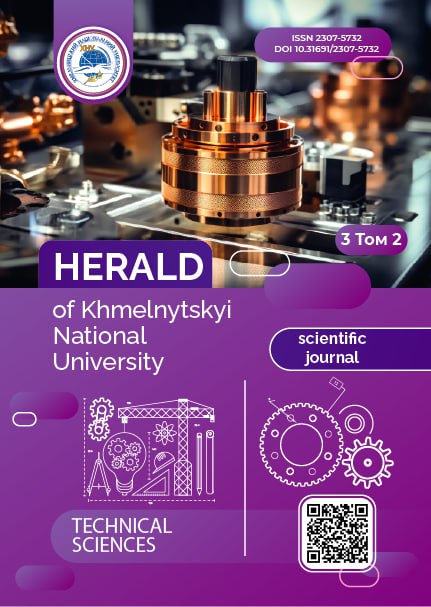IMPROVING THE INITIAL LOCALIZATION OF MOBILE ROBOT USING CONVOLUTIONAL NEURAL NETWORKS
DOI:
https://doi.org/10.31891/2307-5732-2025-353-34Keywords:
Particle Filter YOLOv8, lidar, camera, PointNetAbstract
This paper introduces an innovative approach to enhancing mobile robot localization by integrating the traditional Particle Filter with deep learning techniques. In many dynamic and cluttered environments, the performance of conventional Particle Filters is degraded by sensor noise, partial occlusions, and ambiguous features inherent in environments such as long corridors or uniformly arranged rooms. To overcome these limitations, the proposed method fuses visual data from cameras and 2D lidar point clouds to achieve a more robust initial localization. The methodology leverages YOLOv8 as a state-of-the-art feature extractor for camera images, complemented by PointNet, which processes lidar data. By merging the output of these networks into a unified layer, the system enhances the Particle Filter’s estimation, reducing the mean localization error by approximately 15% compared to traditional methods. This hybrid framework not only improves accuracy but also demonstrates a notable reduction in convergence time, which is crucial for real-time applications. Despite the increased computational load incurred by integrating neural network processing, the improved performance and robustness to noise justify the trade-off, particularly in challenging and unpredictable environments. The study is motivated by the critical need for precise localization in autonomous navigation, as accurate position estimation is essential for effective path planning and obstacle avoidance. With the increasing complexity of operational environments, conventional methods often fall short when singular sensor data is affected by noise or when distinctive landmarks are scarce. The proposed approach addresses these challenges by capitalizing on the complementary strengths of visual and spatial sensor modalities. Simulation results confirm that the integrated system not only excels in noisy conditions but also generalizes well across diverse and augmented data scenarios. In summary, this work offers a significant contribution to the field of mobile robot localization by presenting a hybrid architecture that effectively combines classical probabilistic techniques with cutting-edge neural network technology. The successful integration of YOLOv8 and PointNet within the Particle Filter framework paves the way for future research into model optimization and the incorporation of additional localization strategies, ensuring that autonomous systems can perform reliably in a broad range of environmental conditions.
Downloads
Published
Issue
Section
License
Copyright (c) 2025 ЮРІЙ КРИВЕНЧУК, МАКСИМ ШАВАРСЬКИЙ (Автор)

This work is licensed under a Creative Commons Attribution 4.0 International License.

